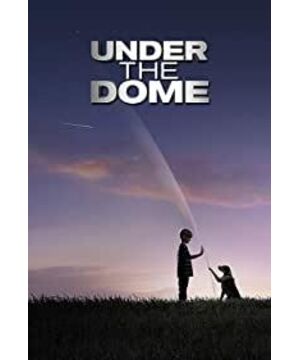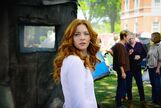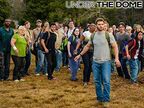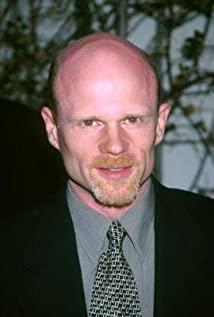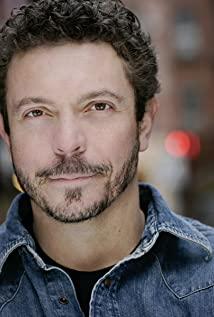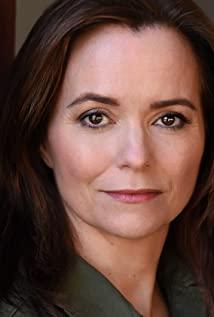To put it bluntly, a big hood covers the town, and everyone in the town will definitely be affected, and all kinds of changes will occur because of this hood. Instead of only a few protagonists having a fight, look for the cause, everyone should have a change.
But in this play, there are no ordinary people except the protagonist. Ordinary people are only summoned to grab a supermarket when the plot requires them, watch a black fist, fight in groups, watch with expressionless faces, and then go away. In other cases, these people simply do not exist. How they usually live, how they face the dome, they have no performance. Originally, what an ordinary person likes to face such an unthinkable situation, how to behave, is what a drama, but this drama actually hardly involves it.
Any supporting role that is slightly more conspicuous is doomed to death. Linda ran into her teacher in the hospital and said a few words. Her teacher died; Old man Ollie got a bit of a shiver and then died; Maxin shook his head for a while, died, and got his mother and a thug. So every time a supporting role is slightly more prominent, I know she is going to die.
Moreover, the protagonists seem to have the feelings emerging from the stones. They have nothing to do with other people in the town. Ordinarily, except for Barbie, everyone else is the old residents of the town. There must be some good neighbors and friends, but there is none. Big Jammie was the only one who was killed by him; Julia knew no other people except the neighbor who killed Norrie when she gave birth to her mother, and her neighbor completely disappeared after giving birth. . Joe's good friends and friends are also called when they are needed. And he doesn't seem to have a dad or a mom at all. The world outside the dome is even more characteristic of a summoned beast.
Compare novels. I just started to read novels and didn't read much.
At the beginning of the novel, it is a writing method used by Stephen King in the past. One
day, something big happened.
What kind of person was A, how he has always lived, what did he do that day, and then he died.
What kind of person was B, what happened to him that day, and then he died.
What kind of person is C, what he did as usual that day, never thought that it was the last time he did these things.
What kind of person was D? What did he do that day? He didn't notice what happened that day.
What kind of person was E, what happened to him that day, what he was doing and thinking when he died.
Jin wrote about ten groups in total. This part accounts for almost one-tenth of the whole book.
He used this writing method as early as "Doomsday Approaching". The beginning of "Dead Light" is similar, except that everyone in "Dead Light" is not dead, but called to fight monsters.
Jin wrote in this way, showing in great detail the changes that happened, the impact it had on ordinary people, and mobilizing the atmosphere and emotions. Moreover, I personally think that when King wrote this part without considering the length of space, what he actually wanted to express is a kind of helplessness to the impermanence of the world. Everyone is living his own life day after day, and then it is over all at once. No one thought of such a result. Whether you accept it or not, the wife was picking vegetables in her backyard in the last second, and the dome fell in the next second, cutting off her arm, and the husband holding his wife , Watching his wife lose blood to death. This kind of accident, this kind of pain, in fact, there are many in life, maybe it was a car accident, maybe it was a fall accidentally, maybe it was just because of a trance. This kind of universal pain is the thing that touches people's hearts most easily.
I haven't watched the later plots, but I believe that more ordinary people will be written later in the novel.
View more about Under the Dome reviews


